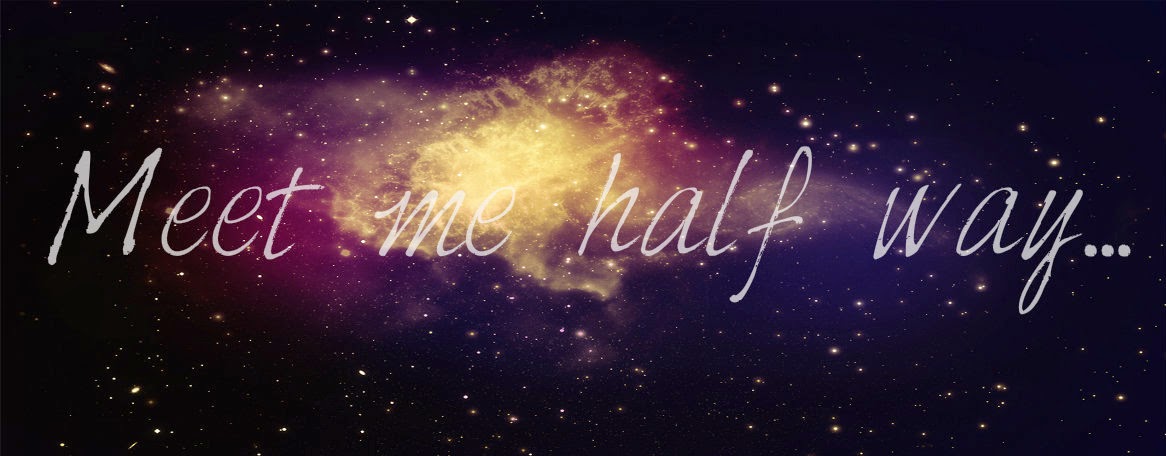Decisions, decisions!
We are the sum total of the decisions we make. Some
reverberate through eternity, whereas others affect “the now” part of our life.
We make decisions almost at will, without merely a
consideration as to the consequences, yet some of those choices have a powerful
impact on oneself and others. One thing is sure; every decision made has a
consequence, and every consequence demands further decisions.
According to multiple sources on the Internet, the average
amount of remotely conscious decisions an adult makes each day equals about 35,000.
Almost 200 of these daily decisions are related to food. In contrast, young
children only make about 3,000 decisions each day.
“Decision-making is such
a seamless brain process that we’re usually unaware of it — until our choice
results in unexpected consequences. Then we may look back and wonder, “Why did
I choose that option?” In recent years, neuroscientists have begun to decode
the decision-making process. What they’re learning is shedding light not only
on how the healthy brain performs complex mental functions, but also on how
disorders, such as stroke or drug abuse, affect the process” – Susan Perry
“No problem
can be solved from the same level of consciousness as created them” – Albert Einstein
In
order to bring inspiration and clarity to a problem solving decision, one must
distance one’s self from the immediate effects and take a 360 snapshot. This is
a great way of reviewing the pending consequences, without immediately
experiencing them. The impact of ordering the wrong cup cake with your latte is
insignificantly less than making a decision on entering a relationship,
changing country, job, or signing a contract to take out a mega loan. However, once
we have truly considered the impact on these decisions, we may do so with an
informed perspective.
“A wise man makes his own decisions, an
ignorant man follows the public opinion”. Grantland Rice
So what are the critical factors to take into consideration when making
decisions?
Firstly
we need to ask ourselves five
fundamental questions:
1.
Does the decision compromise or uphold my core values
in life?
2.
Will the decision take me closer to my personal
vision and lifestyle?
3.
Am I feeling under pressure to make this decision and
if so why?
4.
What will be the impact twelve months from now, upon:
·
Self
·
Those close to me
5. Will I live
with regrets for making or not making the decision?
One of the most debilitating forces in not making decisions is fear of
failure. Fear can immobilise us for life, if we allow it to. I have always been
of the conviction that making a wrong decision is a better option than not
making a decision at all for fear it’s the wrong one. HOWEVER, we must use
sound reasoning that supports ones core values or the consequences could create
a plethora of frustration and circumstances that we will live with us forever.
Fundamentally, a 360 review will give all the indicators, if we are blatantly
honest with ones self.
Ironically, years of counselling has taught me one thing. Most people
surround themselves with people that “agree” with their decision making process
rather than those likely to oppose them. This gives an unbalanced and inaccurate
perspective. One must be confident enough to receive opposing information and
opinion, yet secure enough in one’s core values to evaluate it through our 360
perspective.
Here are a few keys to keep you on track.
1. Always seek advice from those who have to live
with the consequences of your decision making. It’s easy to obtain, but
difficult to maintain!
2. People that know you best will always give you
an “insiders” opinion. This can be both positive and negative. What will the projected
future look like according to your 360?
3.
When a wrong decision is made, never follow it
up with a worse one. Be big enough to accept when a decision is moving you away
from your core values. Pride is an ugly attribute that is never satisfied.
4. Learn from your decisions, because there is a
wealth of experience that will help you and others in the future.
5.
Wisdom comes from experience and experience
comes from exposure to circumstances.
6.
Over analysis can bring paralysis! When you know
what you should be doing, it frees one up to say NO, to what you shouldn’t be
doing. We may not know what the secret of success is, but one thing is sure,
trying to please everyone is not it.
“Never cut a tree down in the wintertime. Never make
a negative decision in the low time. Never make your most important decisions
when you are in your worst moods. Wait. Be patient. The storm will pass. The
spring will come”. Robert H. Schuller









.jpg)

.jpg)

